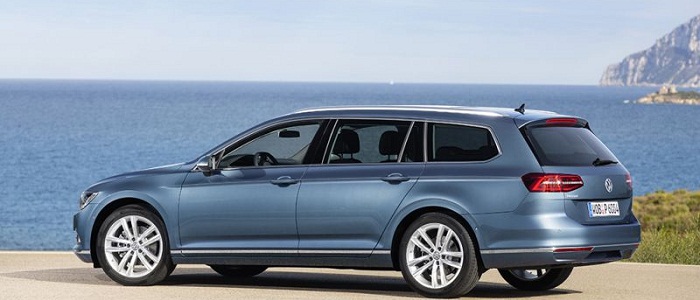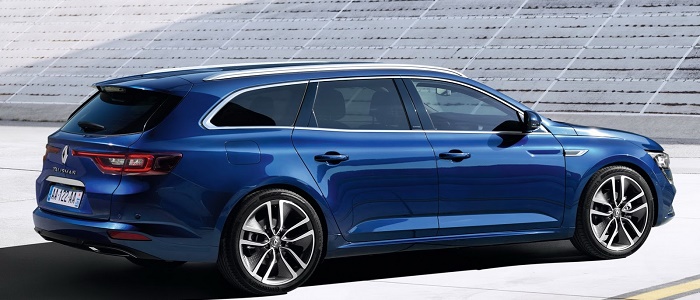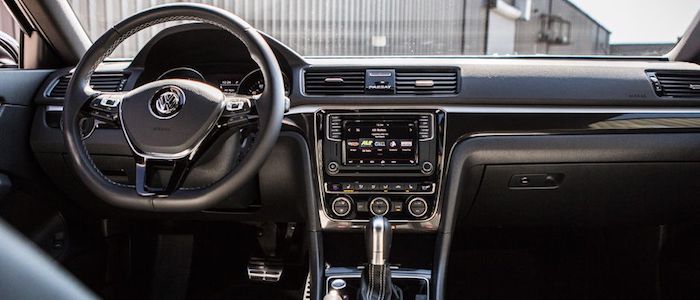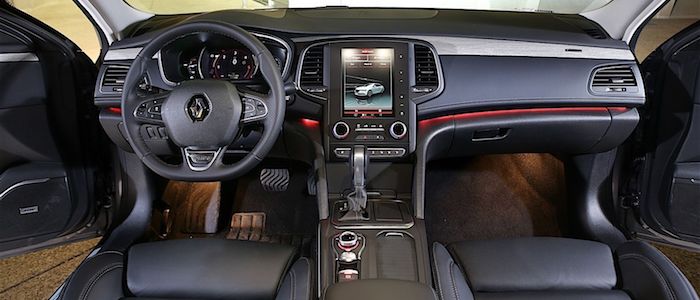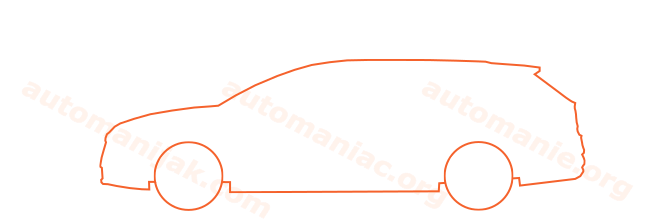Compare two cars
Compare any two cars and get our Virtual Adviser™ opinion
Dimensons & Outlines
Check vehicle history
Engine
1.8 MR18DDT 225
Performance (manual gearbox)
Performance (automatic gearbox)
Expenses
Virtual Adviser's™ opinion
Well, these are two pretty similar cars we have here! It's only details that could potentially make the difference. Considering they both belong to the large family car segment and utilize the same 5-door wagon body style and the front wheel drive system, it all comes up to the specific petrol engine choice they offer. The first one has a Volkswagen-engineered powertrain under the hood, a 4-cylinder, 16-valves 180hp unit, while the other one gets its power and torque from a 4-cylinder, 16-valves 225hp engine designed by Nissan.
SafetyBoth vehicles got tested by European New Car Assessment Programme (Euro NCAP), with the same number of safety stars gained in the process. Moving further on, let's take a closer look at some additional safety-related facts. Both vehicles belong to the large family car segment, which is generally a good thing safety-wise, still it doesn't help us solve our dilemma, does it? On the other hand, taking kerb weight as an important factor into account, the French car offers a marginal difference of 6% more metal.
ReliabilityI don't like generalizing things when it comes to reliability, although it does seem that Renault does have a slight advantage, when all the models are taken into account. These are the official statistics, while our visitors describe reliability of Volkswagen, as well as Renault, with the same average rating of 4.2 out of 5. Independent research findings rank Passat as average reliability-wise, and Talisman is more or less at the same level.That apart, owners of different cars powered by the same engine as the German car rank it on average as 4.8, while the one under the competitor's bonnet gets 4.0 out of 5.
Performance & Fuel economyRenault is a bit more agile, reaching 100km/h in 0.6 seconds less than its competitor. In addition to that it accelerates all the way to 234 kilometers per hour, 4km/h more than the other car. When it comes to fuel economy the winner has to be the German car, averaging around 5.8 liters of fuel per 100 kilometers (49 mpg), in combined cycle. We can't ignore that 24% difference compared to the French car.
Verdict
Volkswagen appears just a bit more reliable, although the difference is truly marginal. The most important thing when deciding between any two vehicles should always be safety, both passive and active. In my opinion, everything taken into account, the French car offers slightly better overall protection and takes the lead. It all continues in the same direction, with Renault being considerably quicker, thus putting more smile on driver's face. It does come at a cost though, and that's the fuel consumption... It's really tough to make a final decision here, but if I'd need to, I'd say Volkswagen. Anyway, that's the most objective conclusion I could've came up with and it's based solely on the information found on this website. Aspects such as design, practicality, brand value and driving experience are there for you to measure them out. I suggest you spend two more minutes in order to find out which car, based on your needs and budget, would be picked by the virtual adviser™, out of 12.000+ vehicles we currently have in our database.























